This week is a big week for Commons Network’s digital work. Our director Sophie Bloemen reports.
This week, we are attending the United Nations Internet Governance Forum (IGF) in Berlin. The IFG is a huge annual gathering of expert, activists, governments and policy makers from around the world.
Together with our partners Centrum Cyfrowe and Public Space Online, we took the opportunity to host a lunch with members of our community that are in town, to discuss our work around the Shared Digital Europe vision. This is a comprehensive narrative to move European policy from a purely market based approach to an approach that is focused on society. The premise: everything is digital now. Our society cannot be just about markets and EU policy cannot be only about the ‘Digital Single Market’ as it is now.
This year, we identified four key principles: Enable Self Determination, Cultivate the Commons, Empower Public Institutions and Decentralise Infrastructure.
Next year, we will connect these principles to a policy agenda for municipal, national and European policy.
At the IGF, I was asked to give an opening talk at the 1st Internet Commons Forum. This event brings together thinkers and doers who are developing ideas and solutions for a less centralised and more just Internet. I talked about how the commons are gaining ground in practice and in politics. I spoke about their transformative power and I tried to explain how understanding the ethics and practices of collective processes is key to understanding the possibility of a post-capitalist economy.
I was honored to have been asked to lay the ground for an impressive line-up of talks and actors. To name just a few:
- During the Forum, we heard from community networks across the globe that are connecting the unconnected. They show us how this democratic peer-to-peer model is relevant beyond the mostly small-scale application we see now.
- We heard about the importance of open knowledge architectures and creative commons licenses in the age of anti-intellectualism in right wing populist-led countries such as Brazil.
- We learned about the need for responsible data stewardship and data commons to protect farmers in Asia.
- We heard from Berlin-based group Tactical Tech, who are criticizing tech solutionism. Tactical Tech calls for moral agency for policy makers.
- The hugely important Netzpolitik presented their efforts to fight for digital rights in Germany.
I am looking forward to hopefully many Internet Commons Forums to come. During the IGF we attended the launch of the feminist Alliance for Inclusive Algorithms led by Renata Avila and Women at the Table. A coalition that we will join so we can bring their proposals further.
Finally, on Friday, we have been asked to share our Shared Digital Europe vision at a Digital Heritage Network event on Public Information Infrastructure. The organisers of the Royal Dutch Library have been inspired by the Shared Digital Europe vision and asked us to share this narrative with them and explain how it relates to public institutions and heritage policies specifically. It will be a crowd of people that work on stewarding our heritage and our knowledge and on building the digital public infrastructure for that stewardship.
I am keen to hear their ideas. I am sure that that by the end of this week, we will have enriched our understanding, learned from the exchanges, hopefully inspired a few people and grown our community.
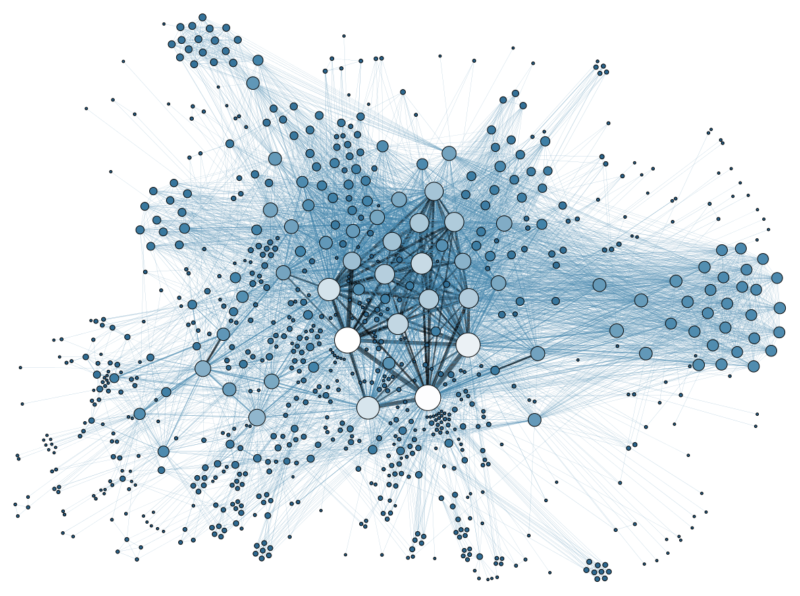

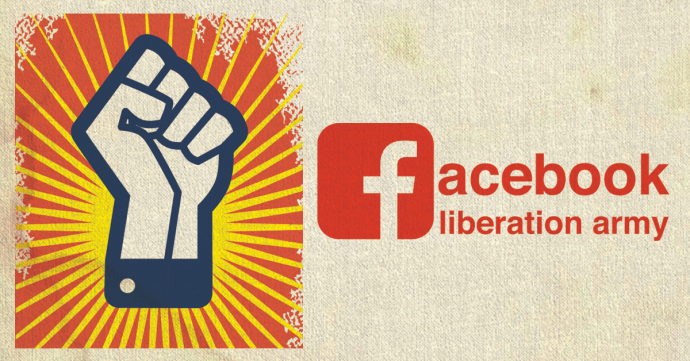
The Facebook Liberation Army (FLA) was a tongue-in-cheek initiative to mobilize people all over The Netherlands to quit Facebook, in 2015. Recently, they have started to re-convene.
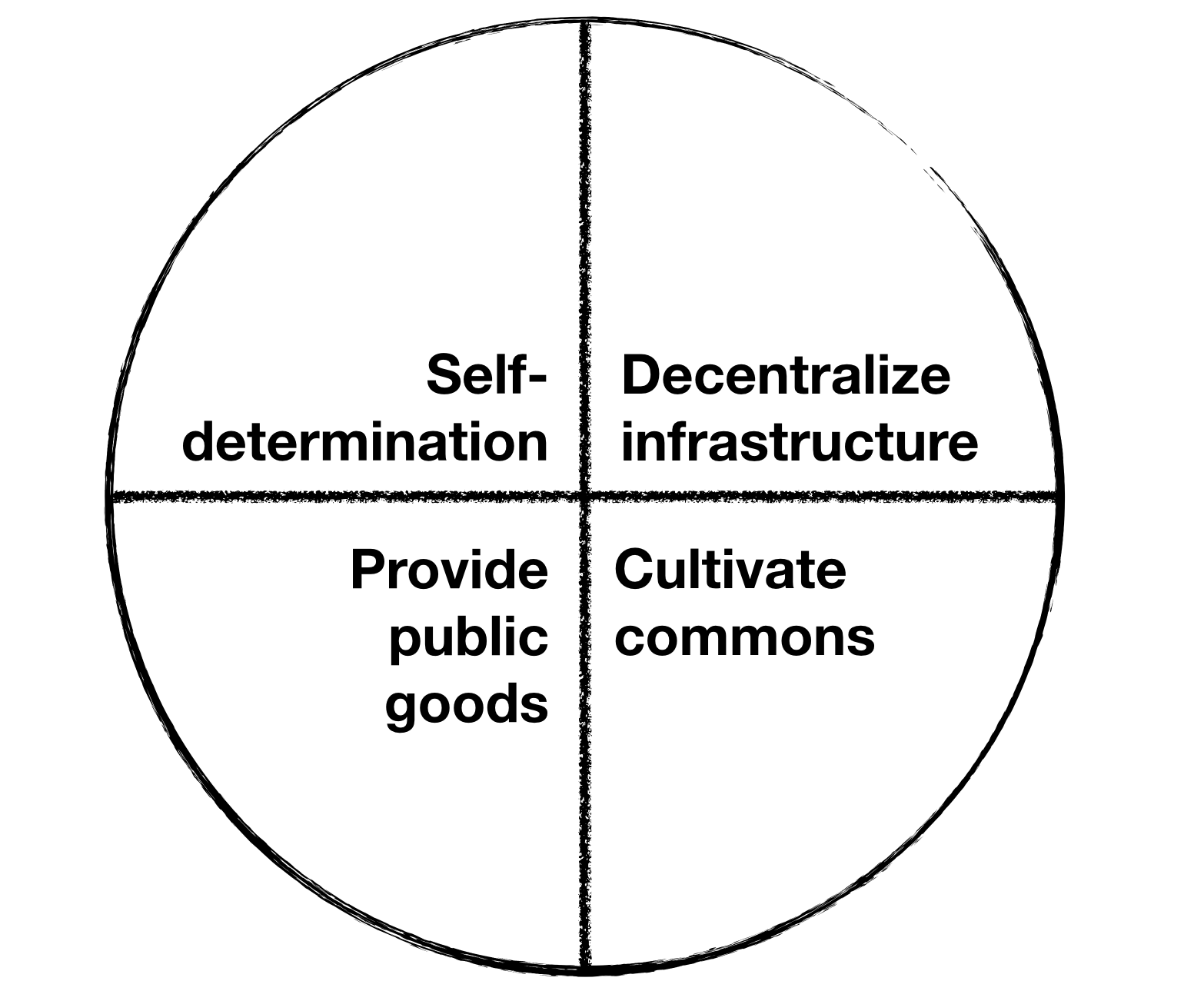
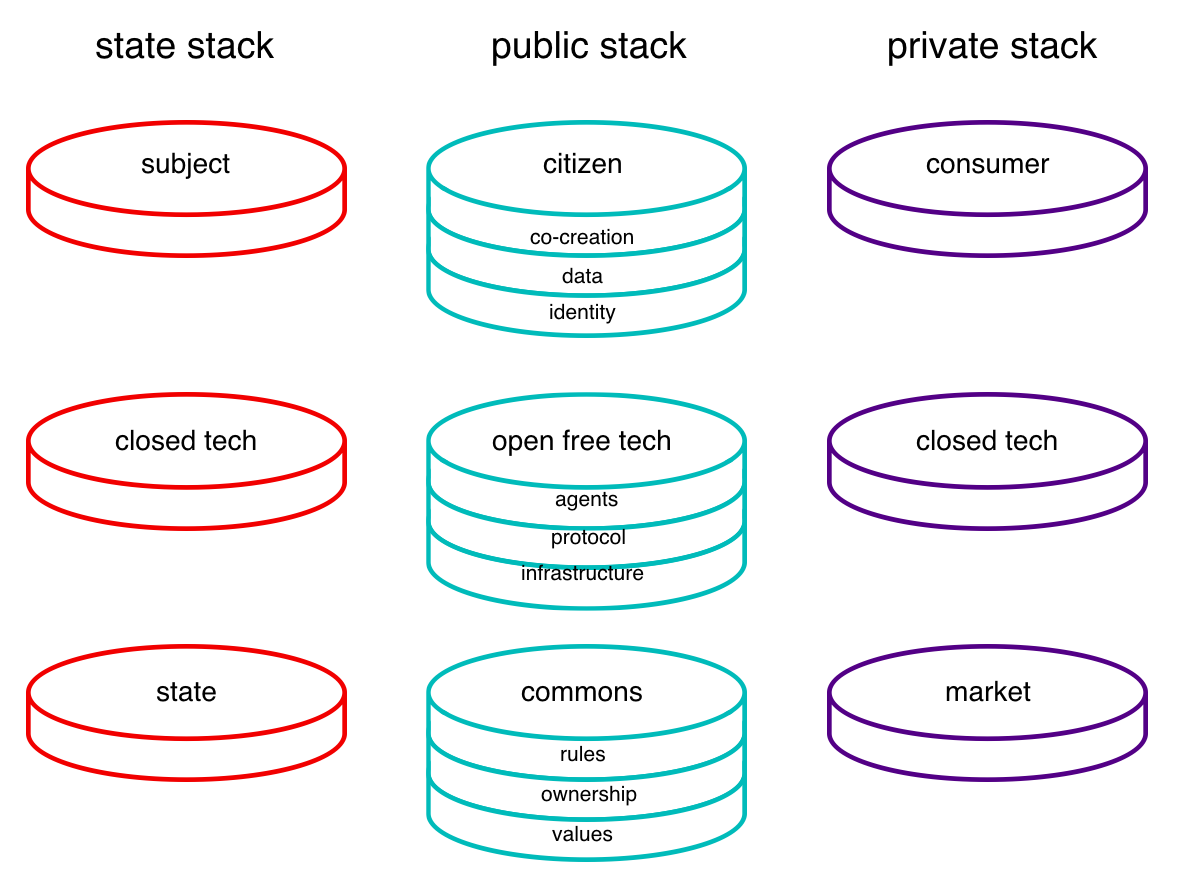
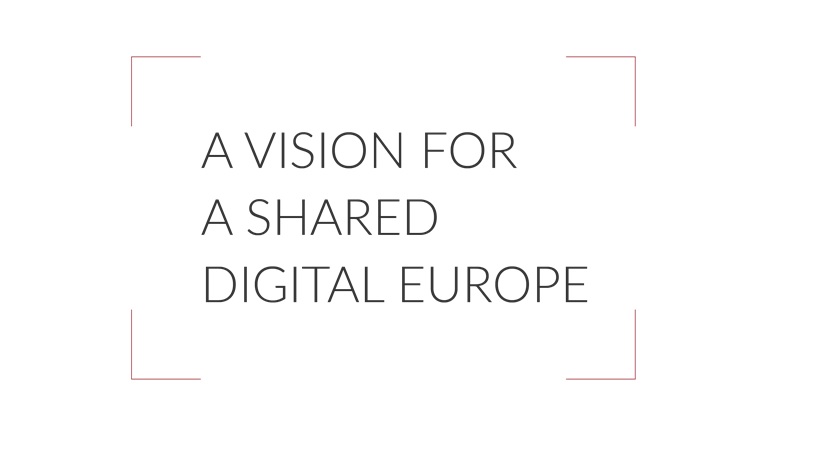
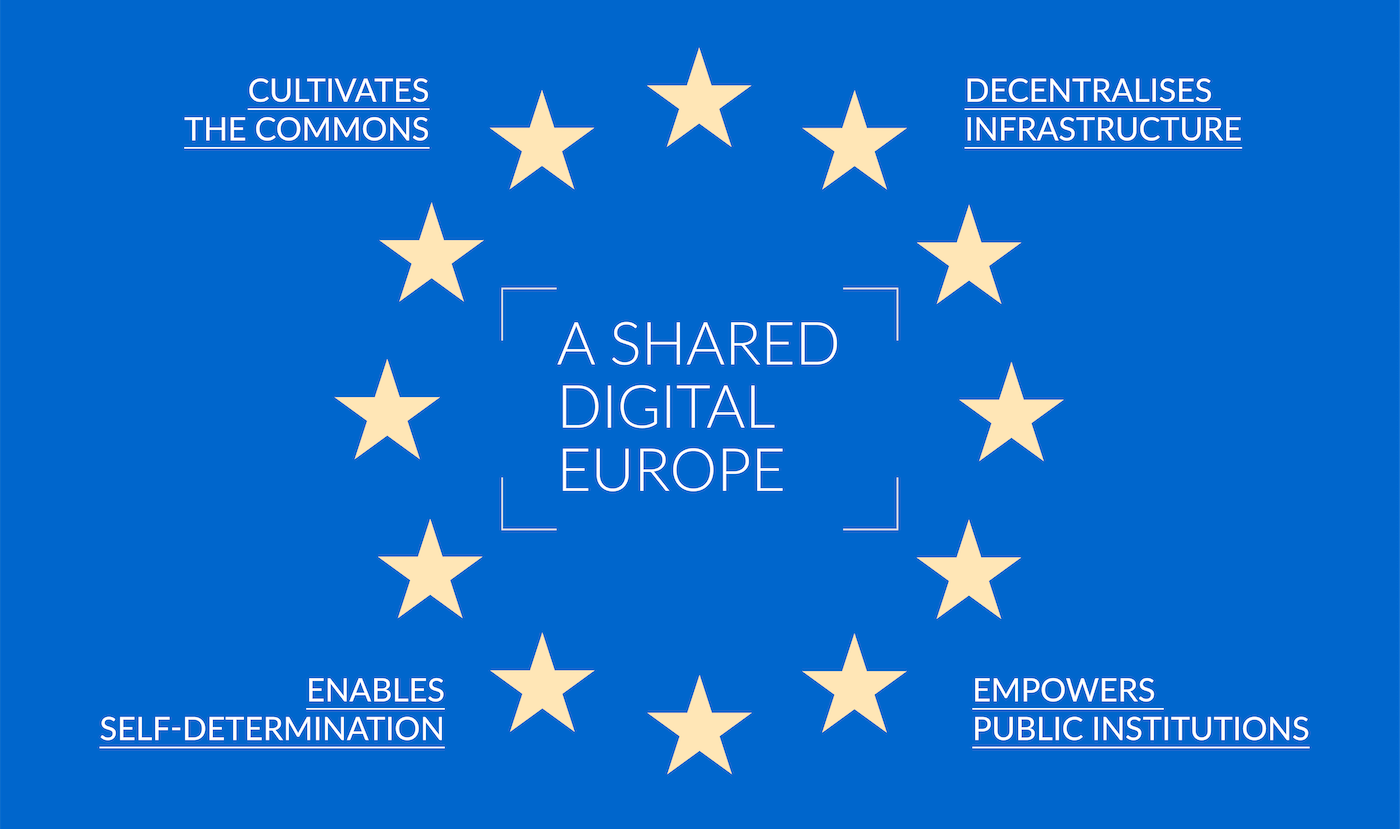
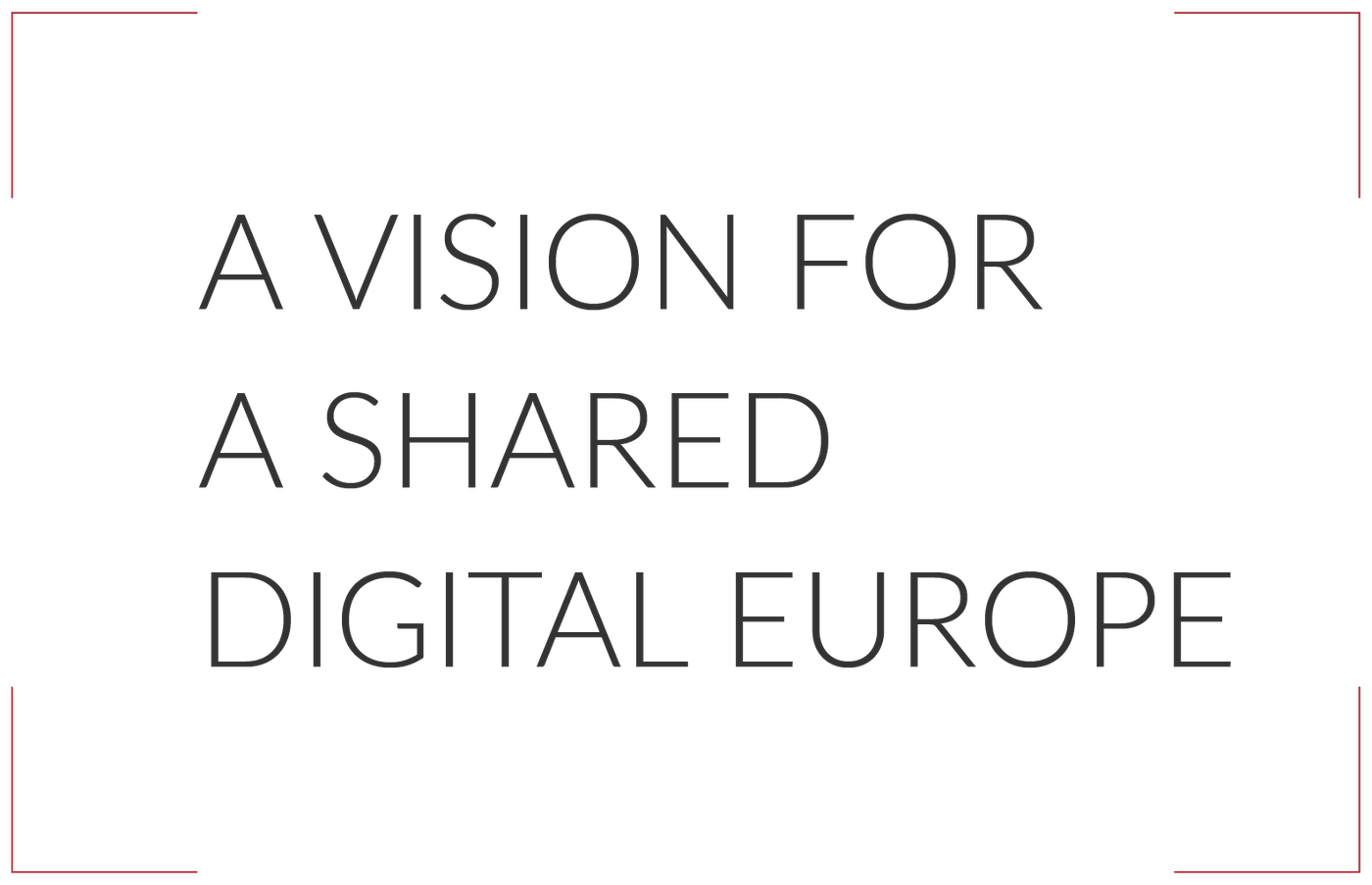
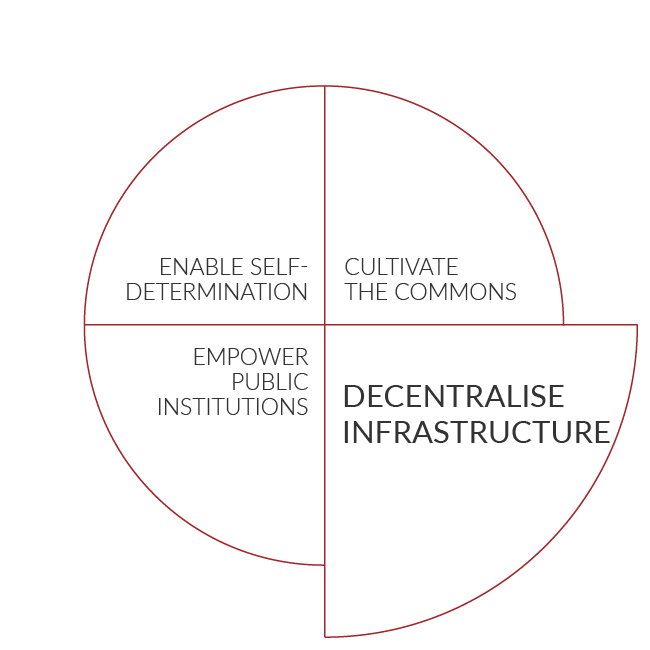
 ☰
☰